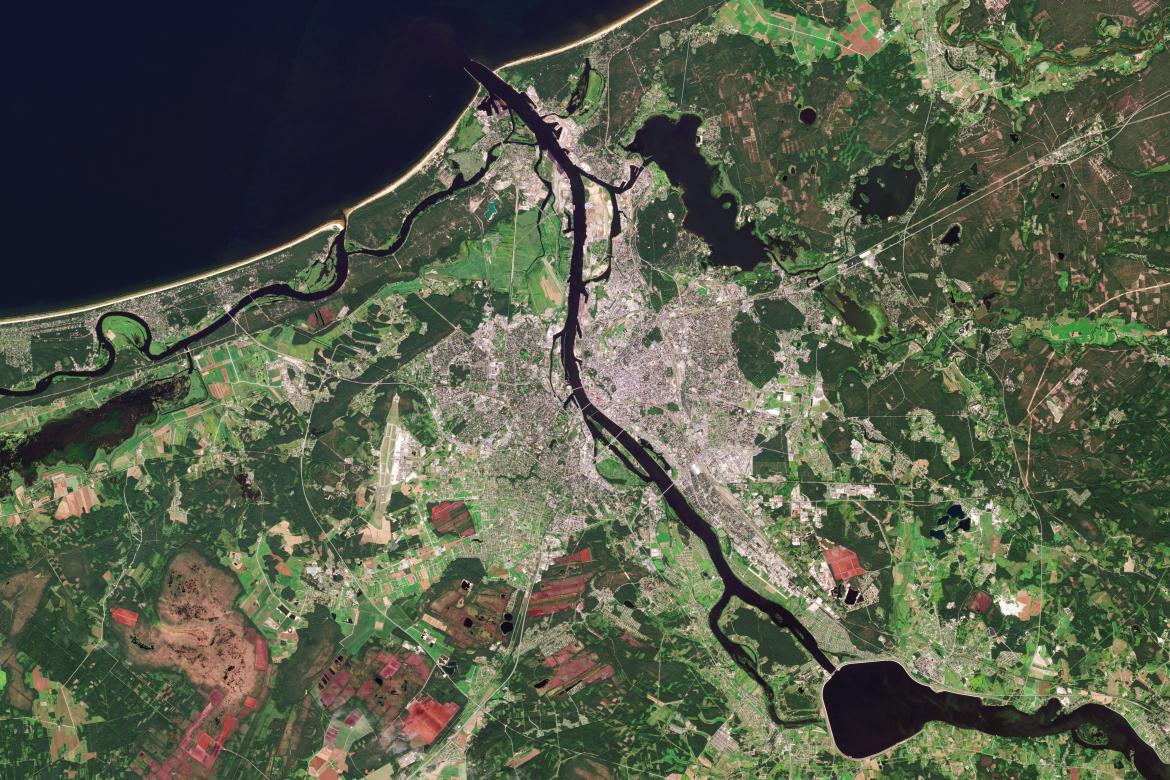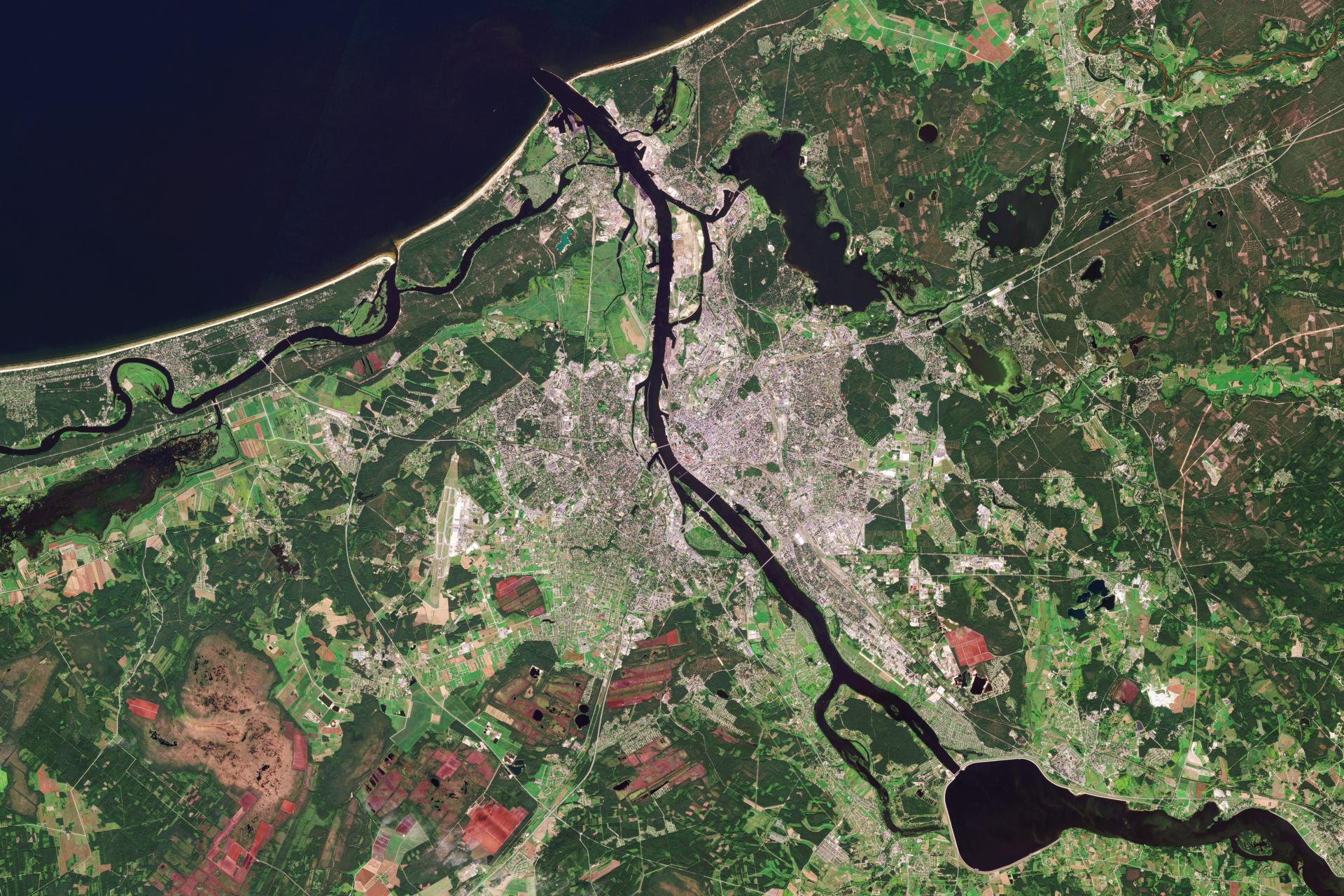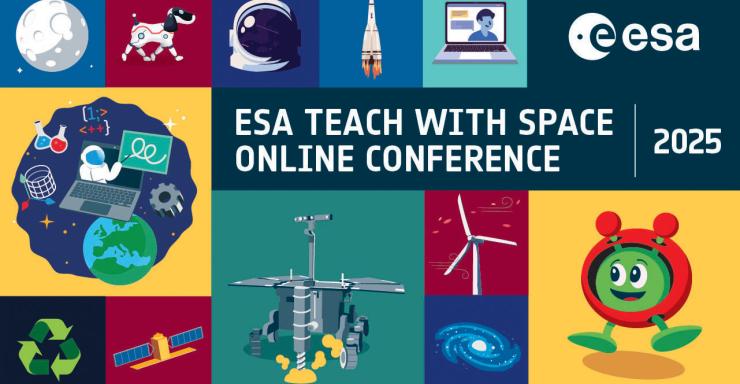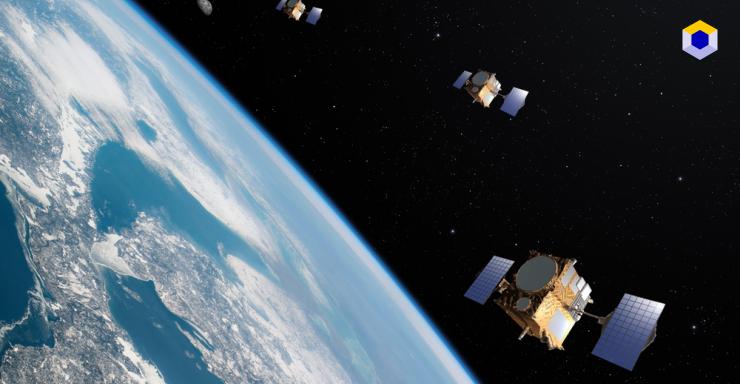Space technologies are often associated with complex scientific discoveries or distant space exploration missions, but these activities comprise only a small part of the extensive space sector. From using online navigation apps to move around cities or rural areas to assessing and mitigating the aftermath of storms, space technologies significantly improve our daily lives.

Space technologies are often associated with complex scientific discoveries or distant space exploration missions, but these activities comprise only a small part of the extensive space sector. From using online navigation apps to move around cities or rural areas to assessing and mitigating the aftermath of storms, space technologies significantly improve our daily lives.
Almost everyone uses smartphones, navigation systems, or the internet in their daily lives. None of these technologies would be possible without the contributions of the space sector.
In Latvia, the space sector is one of the policy areas under the Ministry of Education and Science, offering significant opportunities for entrepreneurship and innovation. Latvia actively fosters the development of the space industry, particularly through its cooperation with the European Space Agency (ESA), where it has been an associate member since 2020.
Space technologies are divided into upstream, downstream, and ground segments. In Latvia, several companies operate in the upstream sector; for example, ‘Allatherm’ is developing a xenon pump that will help to refuel the upcoming ‘Lunar Gateway’ space station. However, most of the sector comprises downstream technologies, which we encounter in our everyday lives.
Navigation and Telecommunications
The European Global Navigation Satellite System ‘Galileo’ is used by most modern smartphones. This system is compatible with other technologies such as the Internet of Things (IoT), artificial intelligence (AI), and 5G. Satellite navigation enables route planning, monitoring transport movement, and improving safety on land and at sea.

A local company, ‘Latvijas Mobilais Telefons’, continues to innovate, and as part of a European Defence Fund project, Latvia is developing innovative 5G network deployment solutions for peacekeeping and defence purposes. These include potential satellite communication integration aimed at advancing European level 5G defence innovations and modernising Latvia’s defence capabilities. Telecommunications, including satellite communications, are also used in everyday life – for instance, streaming live playoff matches during the Ice Hockey Championship on smartphones. Satellites also provide online services such as remote work and learning, which became particularly important during the pandemic.
Weather Forecasting and Monitoring
Satellite-provided weather forecasts have become an inherent part of everyday life. Latvia’s Environment, Geology and Meteorology Centre uses data from the ‘Copernicus’ programme to analyse climate change and conduct large-scale monitoring of the Baltic region. ‘Sentinel’ satellites from the ‘Copernicus’ programme regularly capture ‘photographs’ of Earth’s surface, allowing us to analyse processes that are invisible to the naked eye. These data are especially valuable in forest monitoring, an area where Latvia is internationally recognised.

For instance, satellites help track the spread of the eight-toothed spruce bark beetle and assess the impact of storms, wildfires, and floods. Organisations such as ‘Latvijas valsts meži’ (Latvian State Forests), SIA ‘Baltic Satellite Service’, and the Institute for Environmental Solutions actively use satellite data for these purposes. Latvia’s research institutions, including the University of Latvia, Riga Technical University, and Ventspils University of Applied Sciences, also explore the use of satellite data to predict, analyse, and monitor climate and natural processes.
Satellite data also enhance agricultural efficiency by determining optimal watering times, reducing pesticide use, and enabling precise resource planning. For example, the Farmers’ Parliament Digital Innovation Hub provides up-to-date information on crop conditions and necessary improvements. Satellite data also benefit forest owners, who can remotely monitor logging operations or the state of their properties, as well as government institutions such as the Rural Support Service, which use these data to oversee agricultural areas more effectively, saving time and resources. Furthermore, the State Environmental Service of the Republic of Latvia, in collaboration with the Institute for Environmental Solutions, implemented satellite-based monitoring of mineral resource extraction sites using ‘Sentinel’ data in 2023. Satellite data are also instrumental in urban maintenance and power line inspections. For example, in collaboration with SIA ‘Baltic Satellite Service’, Riga City Council identified water bodies in the city that need cleaning, while ‘Sadales tīkls’ carried out a project to assess whether trees posed a risk to power lines and infrastructure.
The Development of Latvia’s Space Sector
According to the World Economic Forum, the space industry is currently one of the fastest-growing sectors, as highlighted in the organisation’s publications.
In many countries, dynamic and technologically proficient private-sector companies are now emerging that offer space products and services. Space technologies already address many challenges today, opening new opportunities for the future. This is driven by increasing demand for the services provided by the sector. The space industry is becoming more accessible. Therefore, every country faces the question: does it wish to participate in this sector and develop its capabilities, or import everything necessary from foreign suppliers?
Latvia currently participates in several ESA programmes, including national programmes, technology support programmes, space safety, space exploration, Earth observation development, and space commercialisation programmes. Regular state investments in space technologies, primarily through contributions to the ESA, enhance Latvia’s competitiveness while improving the quality of daily life, making it safer and more sustainable. As an ESA associate member, Latvia has access to support for various projects, and financial backing often proves crucial for turning ideas into practical solutions that add value to other industries.
For more information about developments in the space sector, visit the science communication platform researchLatvia, created by the Ministry of Education and Science, or the ‘Latvia Space’ website.


